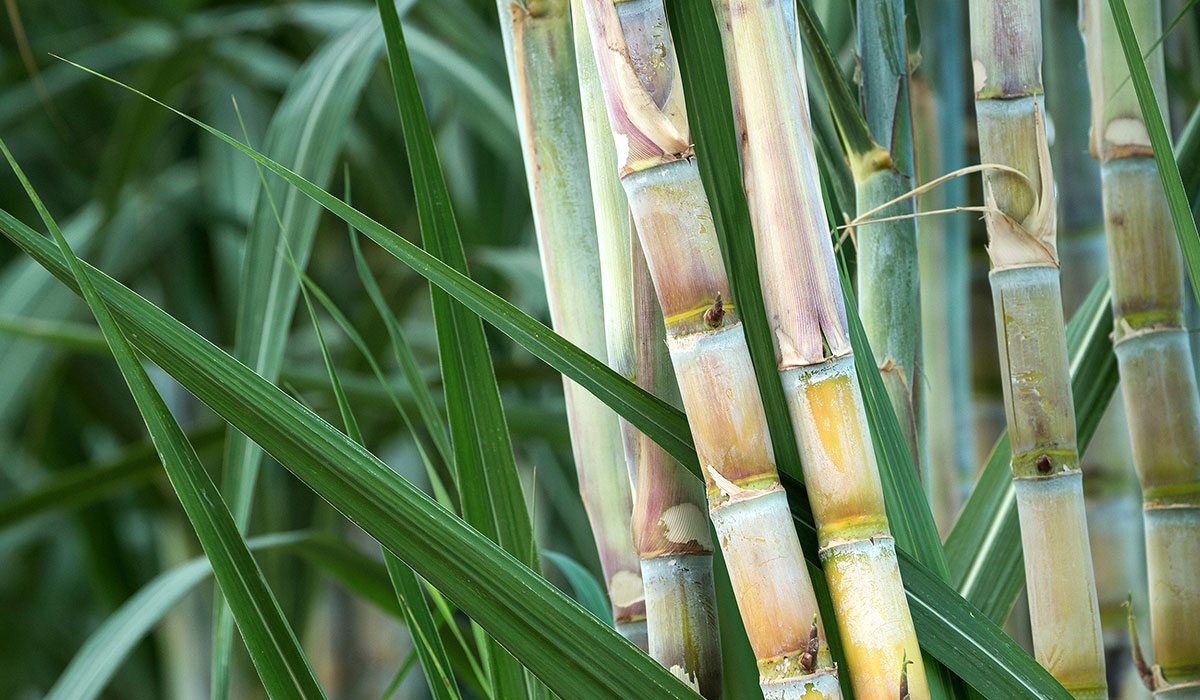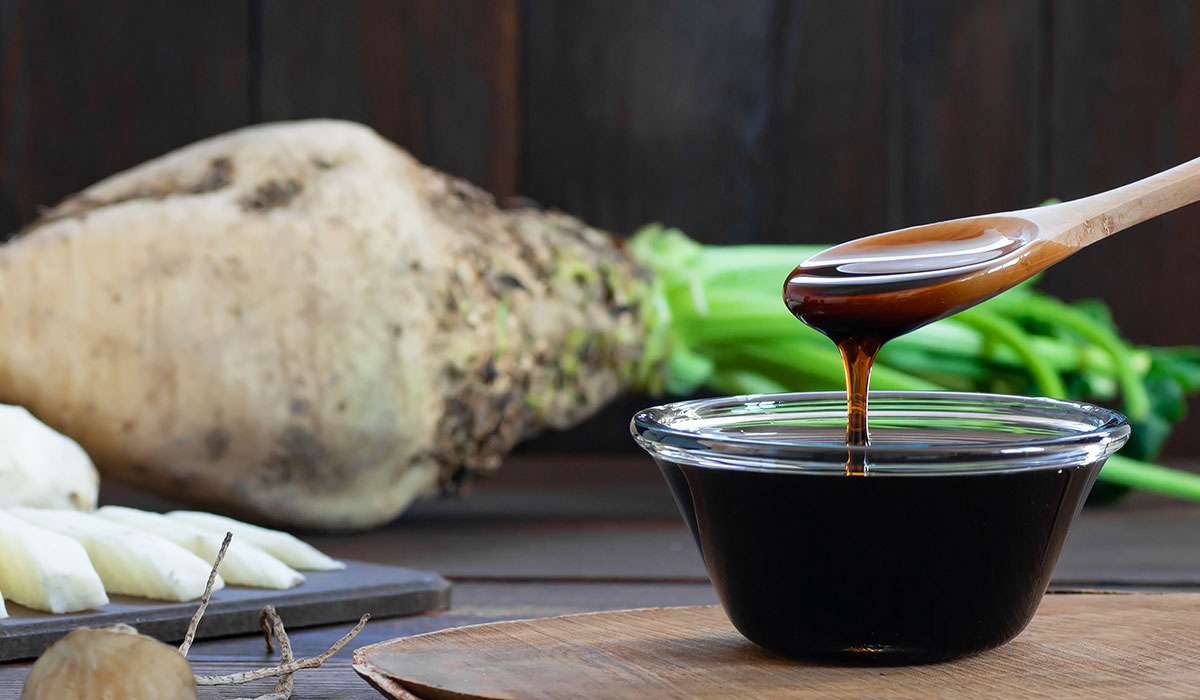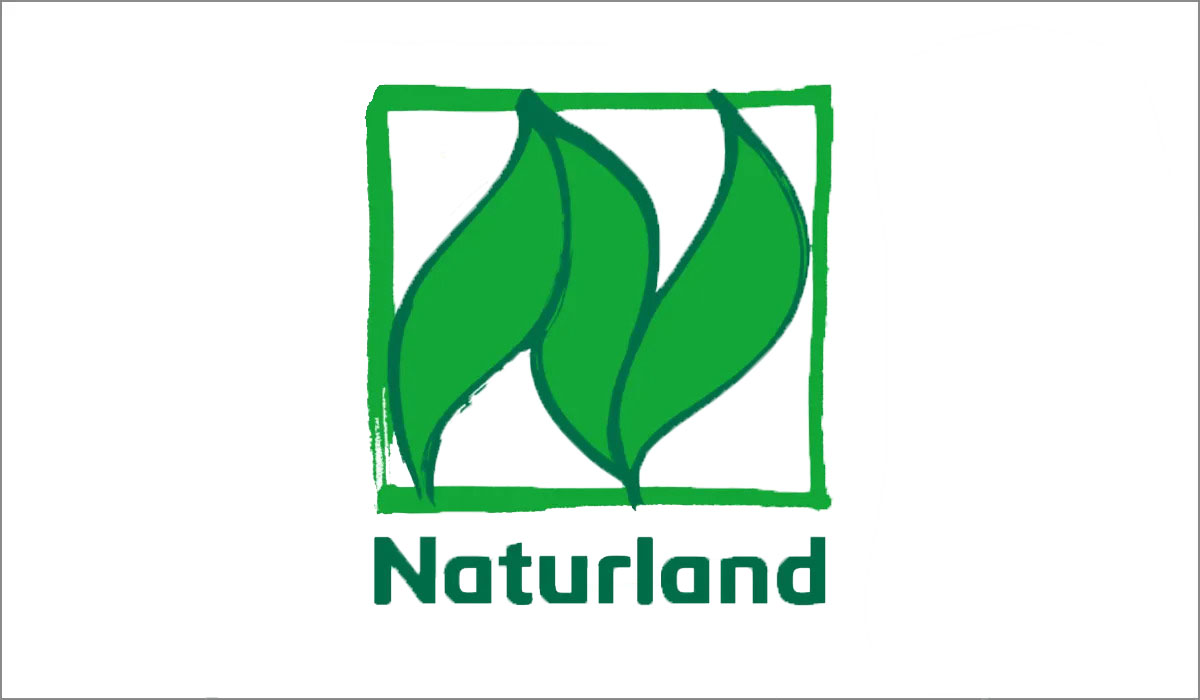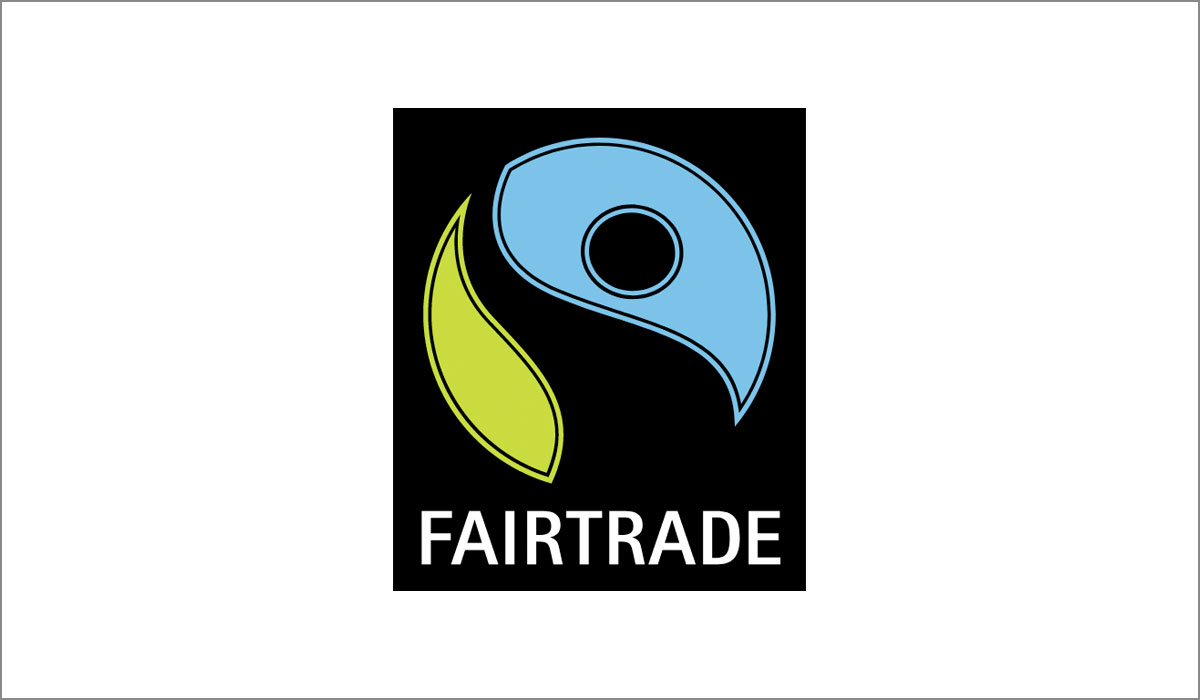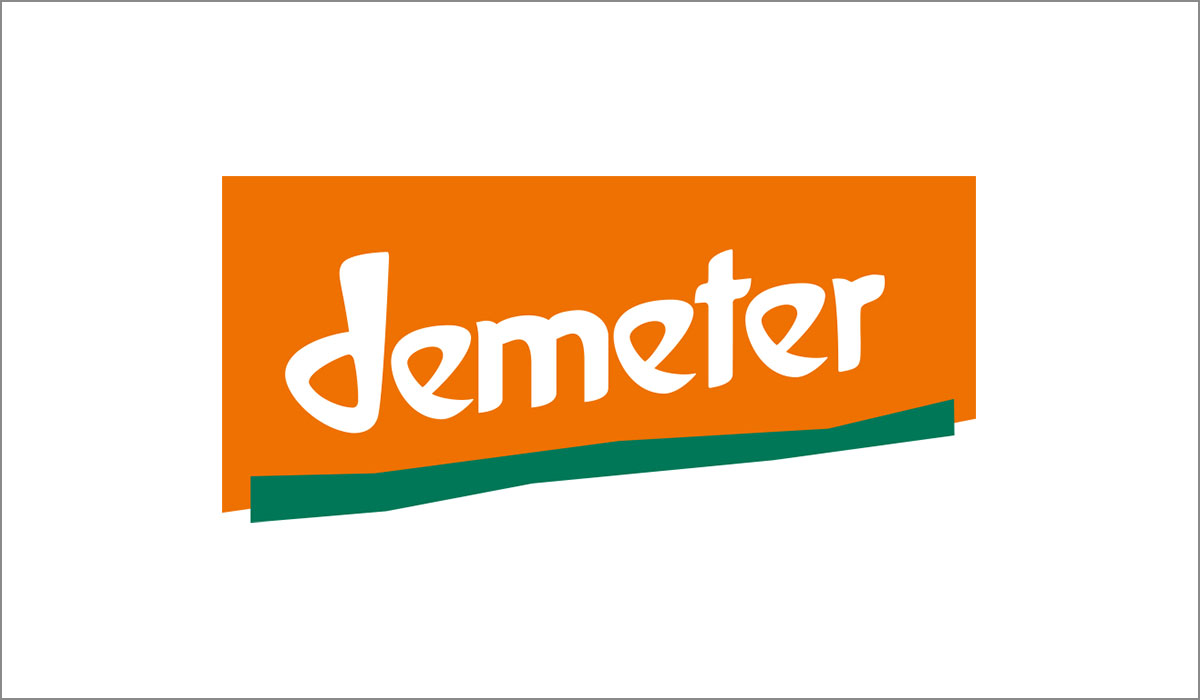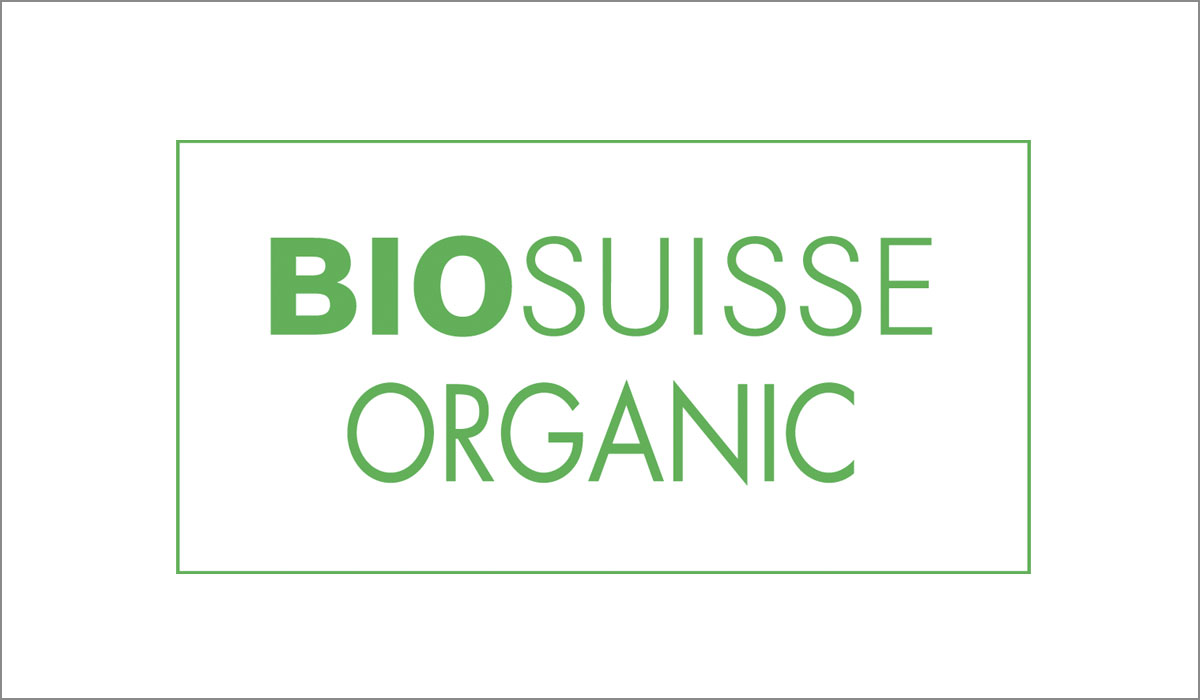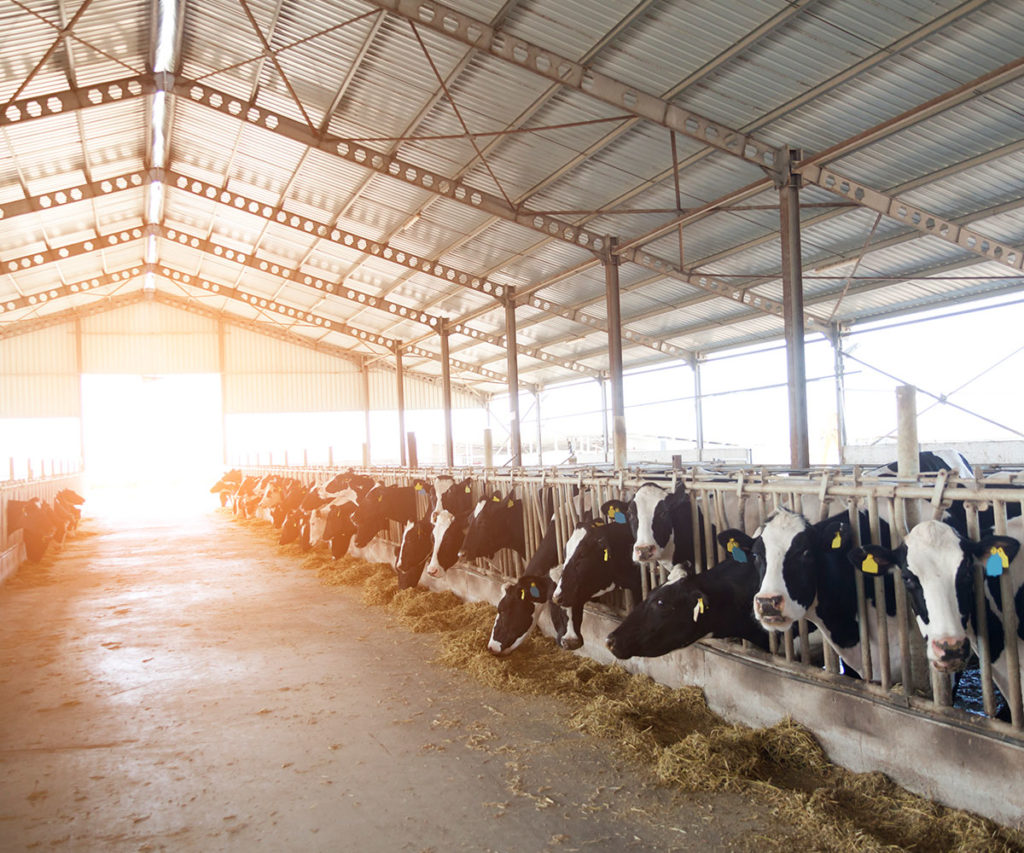
Molasses is often used as feed in fattening farms. Molasses chips are also traditionally used to strengthen horses. The food industry and biotechnology sector likewise purchase molasses as a raw material for a range of processes. For instance, sugar molasses serves as the basis for the production of rum, vodka and whisky, as well as yeast, flavour enhancers, critic acid and as a nutrient for enzymes and microorganisms in pharmaceutical applications.
Molasses is also highly versatile as a food product. Due to its reduced sugar content and the lower amount of calories, molasses is a healthy alternative to all kinds of sweeteners. Moreover, the valuable ingredients can help cover daily nutritional requirements. In syrup form or as a component of yeast flakes, aromatic molasses is used in the preparation of sweet and savoury pastries as well as in sauces and meat glazes. However, people with diabetes should not consume sugar molasses.
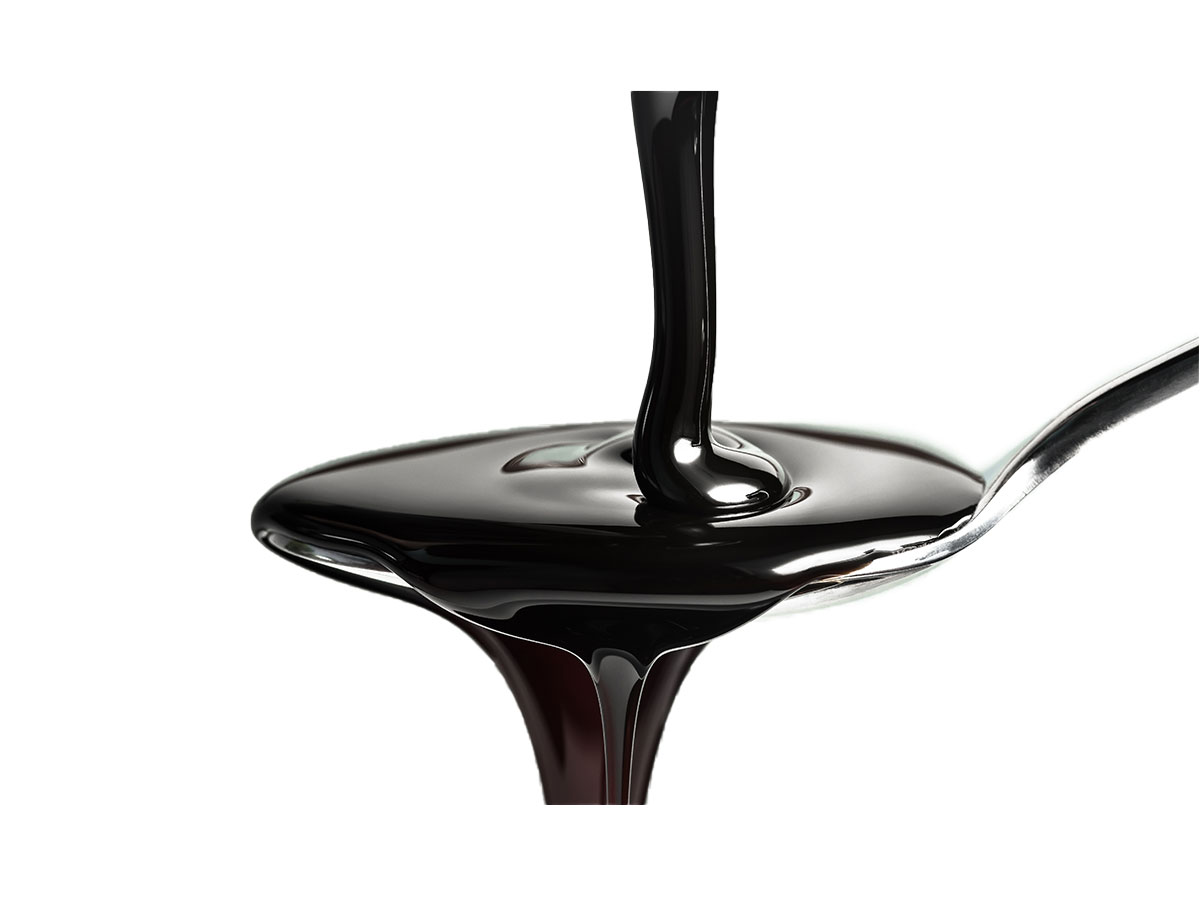 Sugarcane molasses
Sugarcane molasses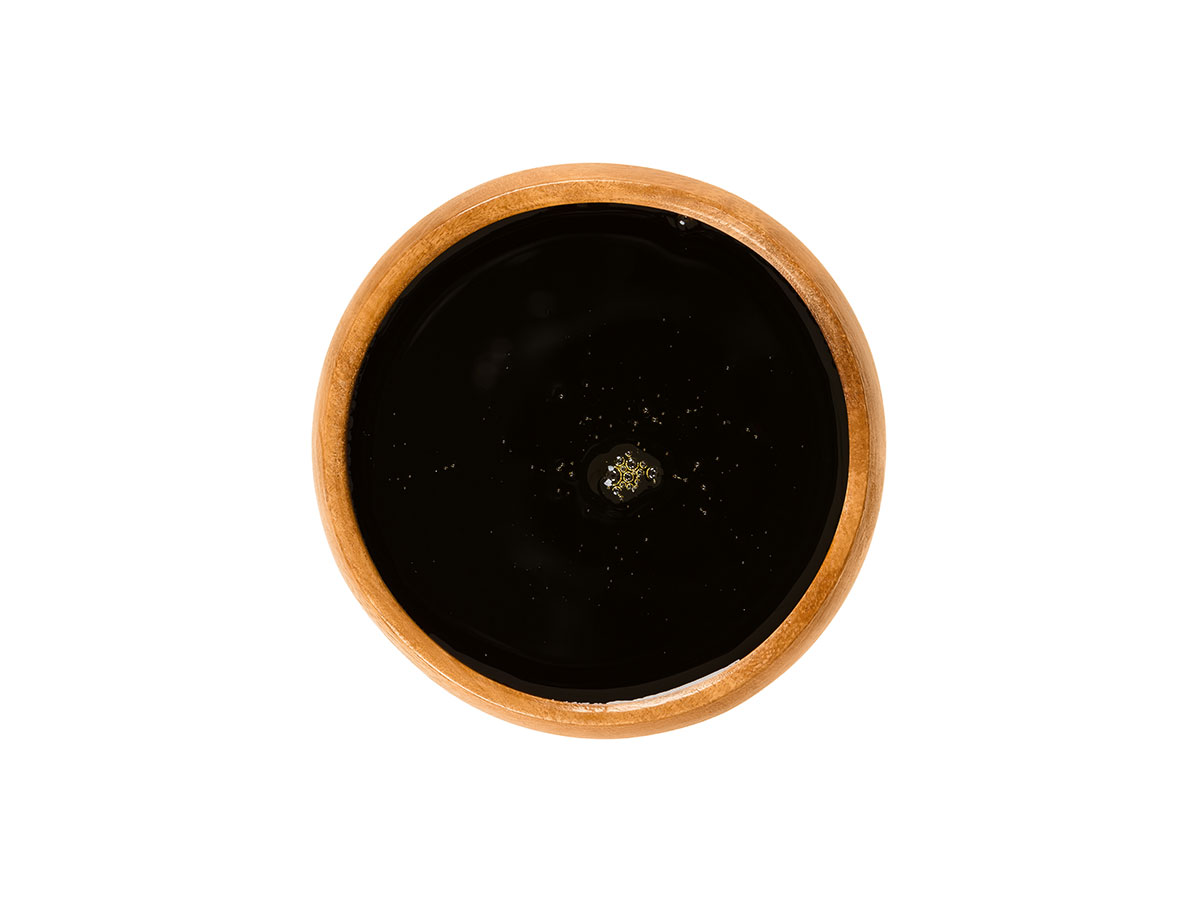 Sugarbeet molasses
Sugarbeet molasses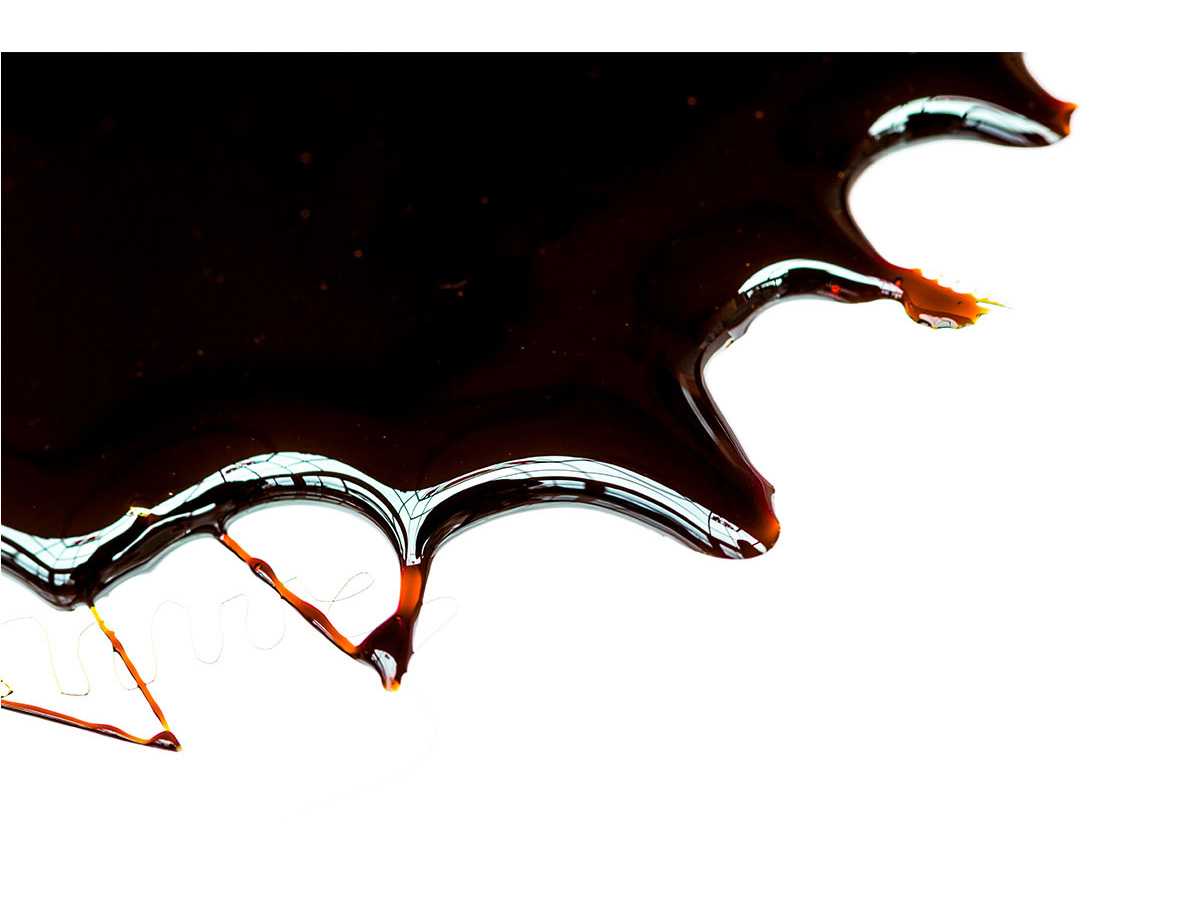 Treacle
Treacle